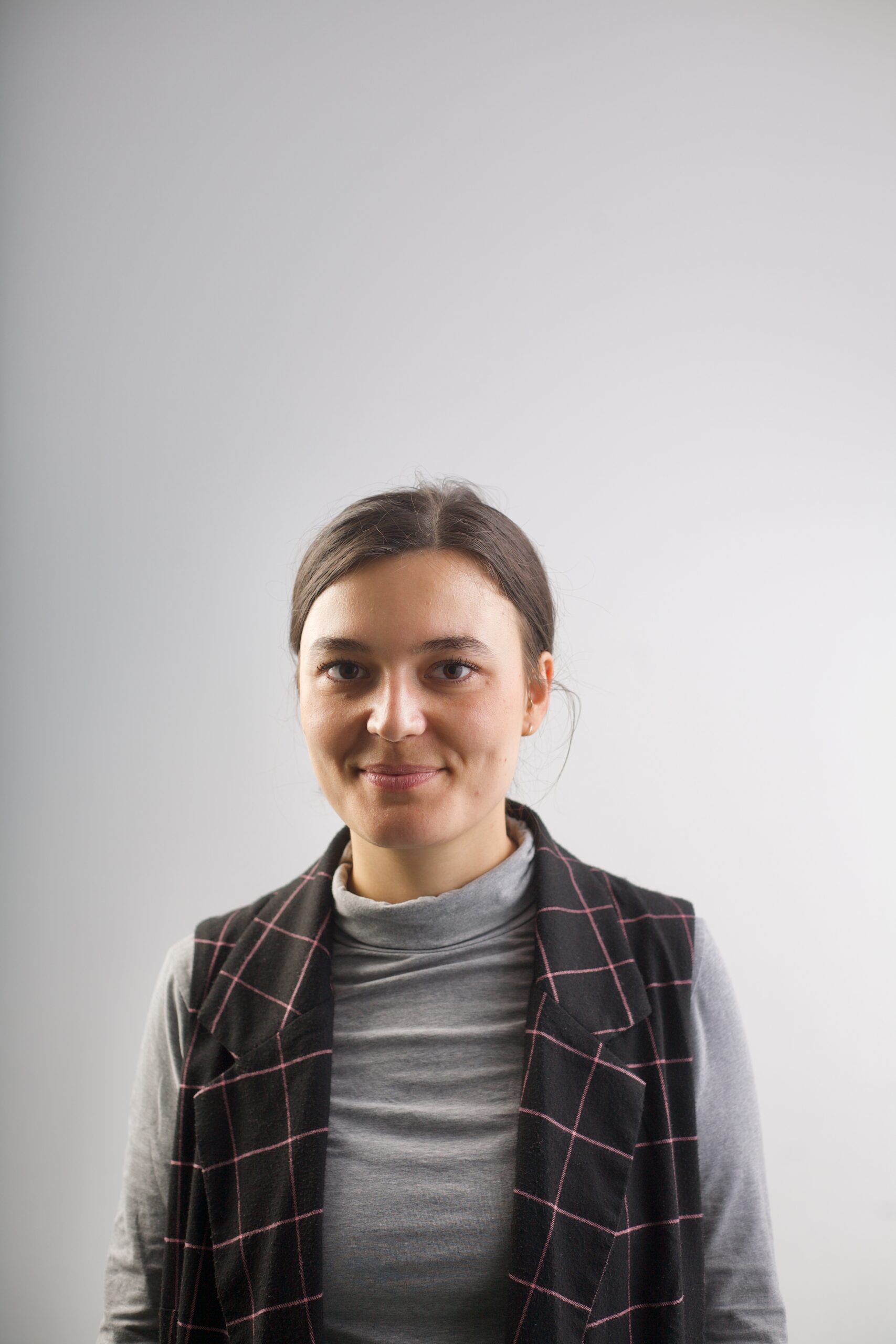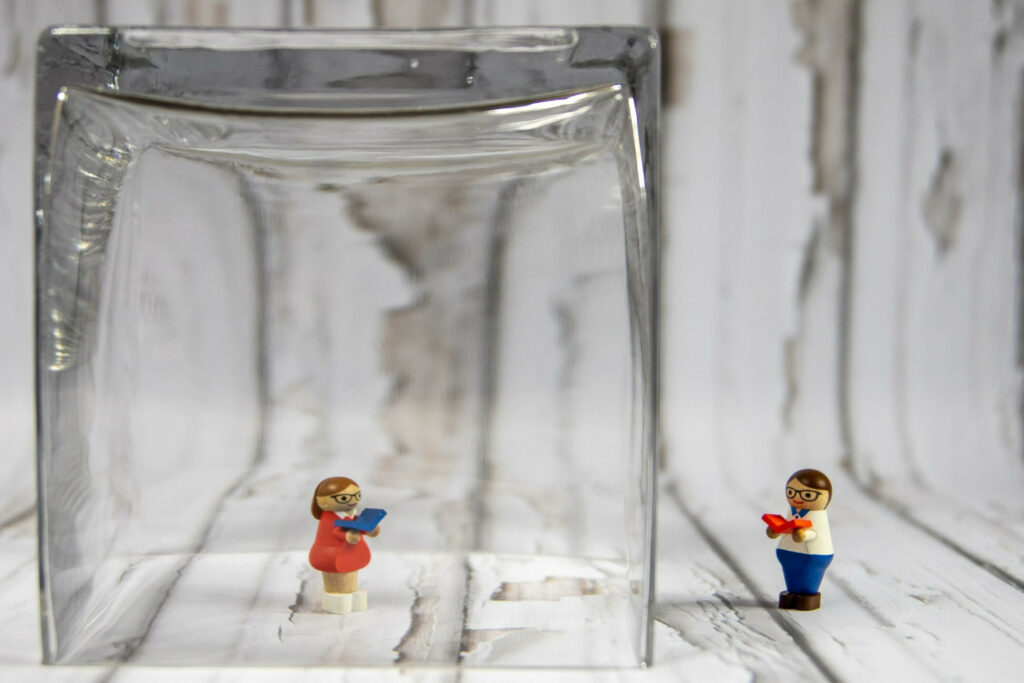Starting your PhD during the midst of a global pandemic is not exactly ideal. I imagine the angst associated with starting the 3-4 year project that is a PhD is usually difficult to cope with at the best of times, without adding government restrictions, health concerns and almost complete isolation into the mix. Despite this, I decided to start my PhD in March of 2021.
I am one of a network of 15 early stage researchers (ESRs) working on G-Versity projects across Europe. My research primarily concerns men and masculinity, and finding ways in which to increase the representation of men in childcare and other women-dominated professions. We are a relatively diverse group (as one would hope when conducting diversity research), with people moving from all over the world to conduct research projects on gender diversity in various countries across Europe.
The ESRs were first introduced to each other online—some people having had to get up in the middle of the night to participate in the Zoom call. Despite this rather (jet)lag-ridden first meeting, we communicated as best as we could and officially began the journey that would be our PhD program.
Soon after our first meeting, we began to participate in Journal Clubs each week, where we would read three journal articles and then discuss them in small groups on Zoom. This was a great way to bond with other ESRs and find out about everyone’s research interests and their lives before they decided to do a PhD. Though these sessions were focused primarily on academic discussion, through the course of these sessions, we also began to bond and rely on each other for moral support. When someone was struggling with their workload or an emotional problem, we could briefly derail a discussion about post-colonial feminism or biased data collection and vent or seek guidance on whatever issue we were having. Through this process, though never having met before in person, we began to form the beginnings of a network—not only for our ongoing diversity research, but also for support and emotional guidance.
This September, the majority of us were finally able to meet in person at our first summer school in Berlin. Meeting people in person for the first time, particularly after lengthy online communication is a little daunting. We had only ever spoken in small groups and about particular (usually pre-defined) subjects. How would it be now that we were meeting in 3D? Would we run out of things to discuss? I wouldn’t be able to drink endless cups of tea or wear pyjama bottoms to meetings anymore!
The strangest part of meeting everyone was that it didn’t feel strange. Within 10 minutes of meeting one another, we were all chatting as we had during our online meetings—albeit without connection problems or being distracted by our own video feeds. This easy communication continued for the rest of the week that we were together, with seeds of friendship being sown over dinner, by the coffee machine and in discussions of various research project ideas.
Despite the diversity of the group (or more likely because of it), everyone fits together and enhances our collective knowledge. Not only is my knowledge supported by this group of wonderful people, but I feel included and emotionally supported by the other members. There is a long and difficult road ahead, but I’m looking forward to seeing what the next three years bring. The experience so far has taught me that social support is crucial for starting a PhD – especially during a pandemic! Hopefully there is a little less social isolation in the years to come, though now I already know I won’t be completely alone.

Challenging manhood: When men strive for male-atypical professions (Czech Republic)
